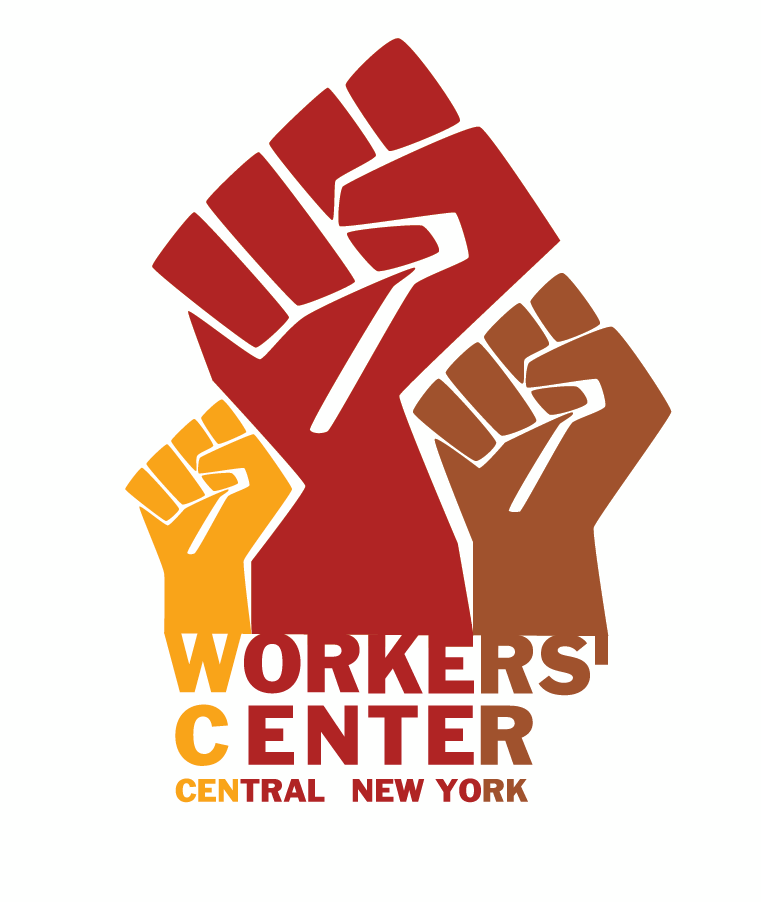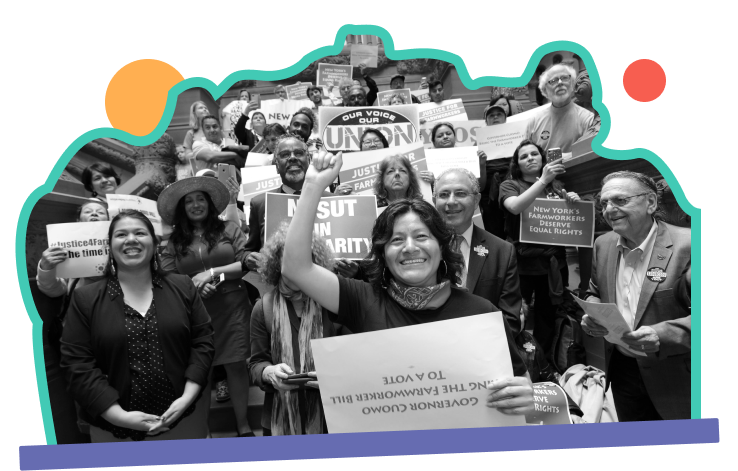
With the demographic, social, and political landscape changing throughout New York State, there is great opportunity to shift power to Black, Indigenous and people of color communities.
But continued progress is not a certainty; it will take dedicated and coordinated efforts by many individuals and organizations over the long term to achieve transformational change.
Organizers say it is important to maintain funding for the “connective tissue” — working on coalition building to harness the collective power of various grassroots groups across the state.
As one organizer explained, “There aren’t that many of us doing this work in the large geography outside of New York City… and it’s something that makes us unique because we do provide direct services and that brings us into contact with a lot of service providers that aren’t necessarily able to do the direct advocacy work, but that turn to us for leadership and expertise, both on legal issues and on public policy.”
Statewide organizing requires more collaborative grantmaking from funders
For example, one foundation’s grant investments in statewide collaboration and coalition building across grassroots groups could leverage another foundation’s direct investment in base building and organizing the efforts of an organization in the coalition. While increasing direct investments to grassroots organizations clearly is needed, organizers caution against simply shifting current resource allocation away from statewide coalitions toward grassroots organizing.
Instead, they suggest that funding for coalition building and collaboration should be sustained, and that philanthropy should “grow the pie” by working to bring other funders into the organizing and advocacy “ecosystem.”
A lack of financial resources combined with large geographic footprints often requires organizations to partner with each other out of necessity, such as having grassroots organizations work with direct-service organizations.
Working together, grassroots organizations can help direct-service agencies achieve greater reach within affected populations; in turn, direct-service groups can help grassroots organizations identify potential new members. In other cases, it also becomes necessary, for financial reasons, for direct-service work and organizing to take place within the same entity.
Organizers also describe a general openness to working with any organization that shares their values and goals. They said they must be open to partnership because the need is too great relative to their capacity to “go it alone.”

Nearly two-thirds of our grassroots partners in rural New York described their organizations, or critical partner organizations, as being small and having limited capacity. Several felt they did not have enough funding to maintain adequate staffing levels, with a few organizations unable to maintain paid staffing consistently.
Their most significant need is for substantially more funding for community organizers across rural New York. Some organizations note regrants from statewide tables to compensate for time participating in those tables as being helpful. Still, given difficulties maintaining a sufficient staffing level, it would be more useful to get direct funding for a full-time organizer independent of any requirements to participate in statewide tables.
Organizers have noted how critical partnerships with faith-based organizations, especially places of worship, can be in rural communities. Given a lack of investment in infrastructure building for community organizing across many parts of rural New York, churches and other places of worship often fill this role within their communities. The strong ties that places of worship have with their members provide an existing base ready to be mobilized. Frequently, houses of worship provide organizations with meeting space, child care or a free place to stay overnight when traveling to lobby days in Albany. However, participation of certain faith-based groups created challenges for intersectional organizing, particularly concerning LGBTQ issues and reproductive rights.
Grassroot organizations we’ve partnered with


Alianza Agrícola
View website
Alliance for Families for Justice
View website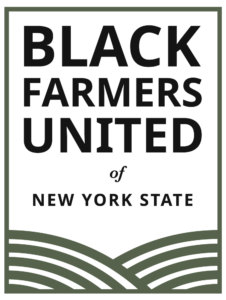
Black Farmers United New York State
View website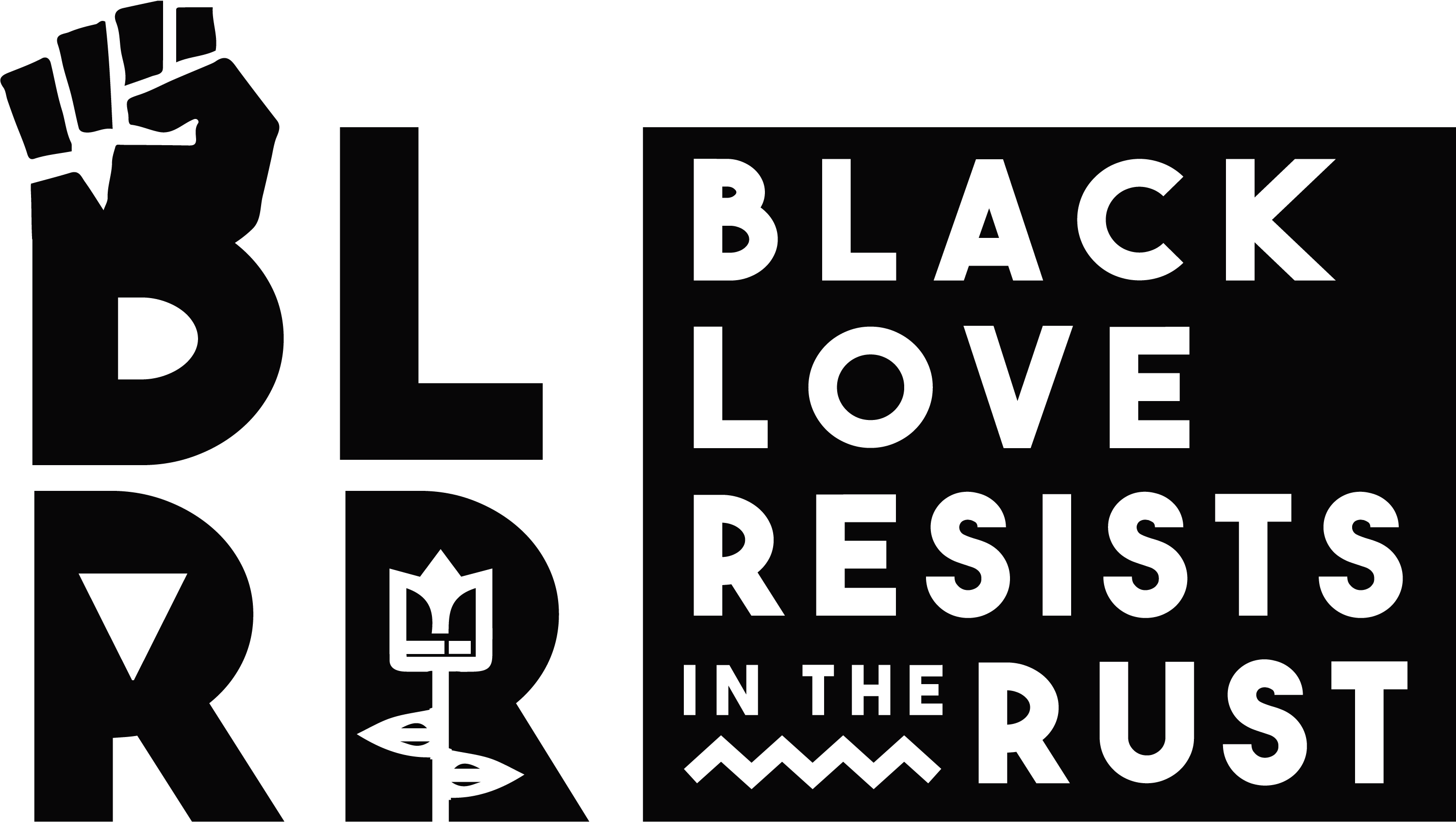
Black Love Resists in the Rust
View website
Catskill Mountainkeeper
View website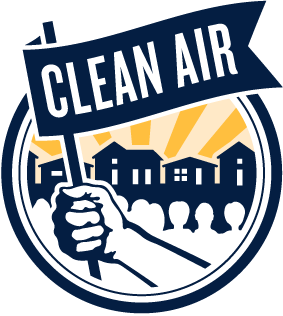
Clean Air Coalition of Western New York
View website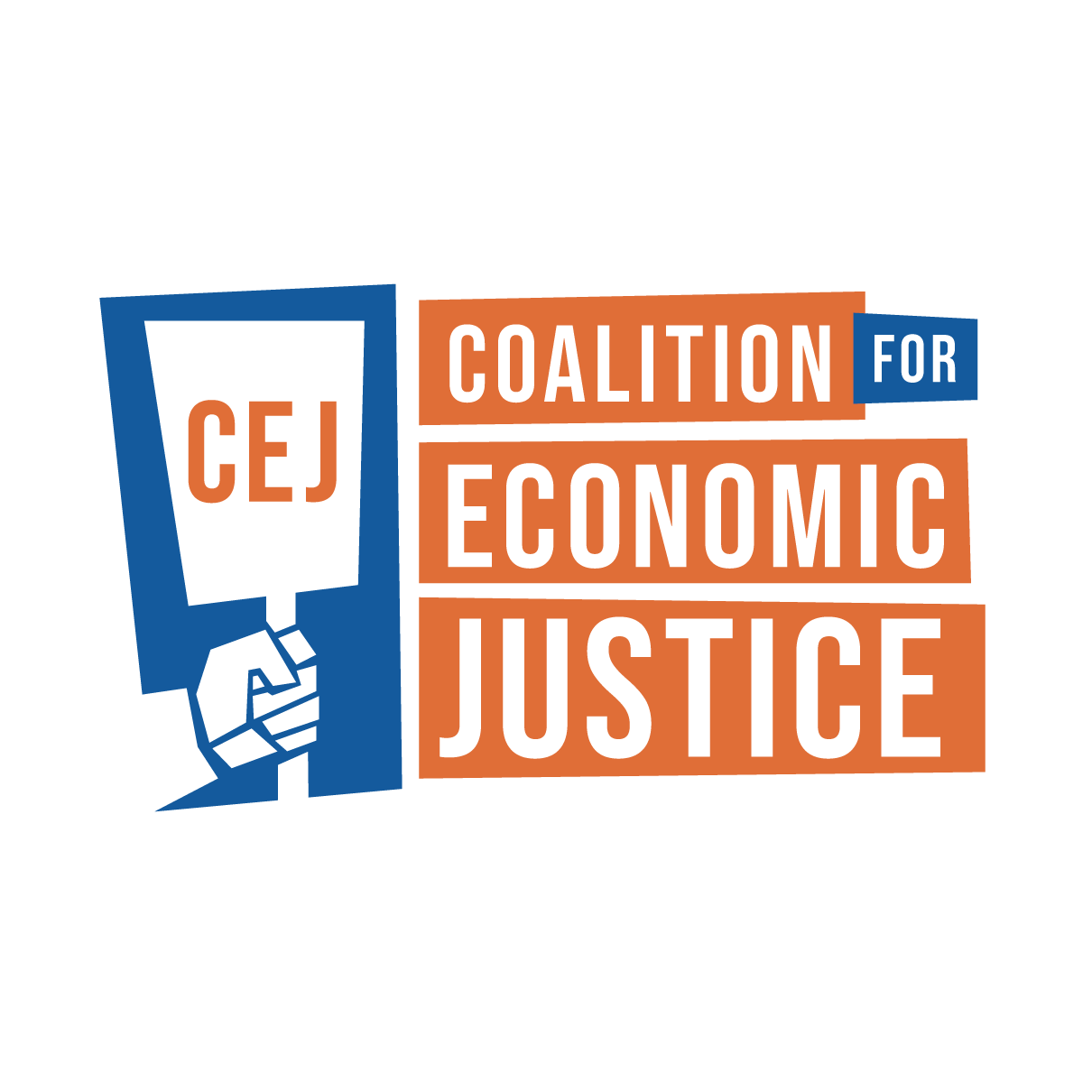
Coalition for Economic Justice
View website
Farm School NYC
View website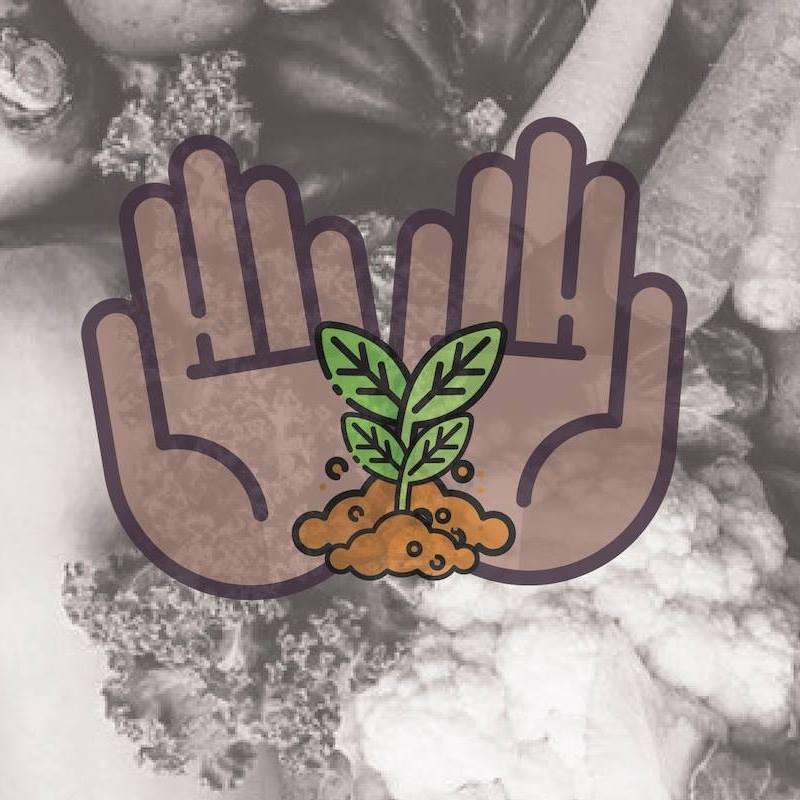
Food for the Spirit
View website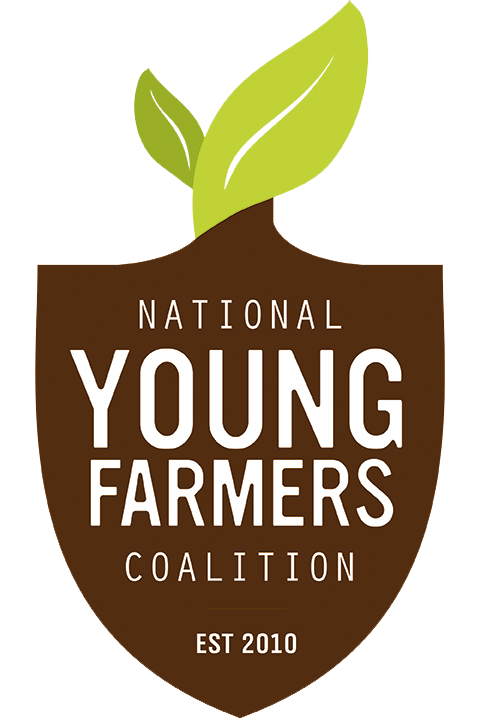
National Young Farmers Coalition
View website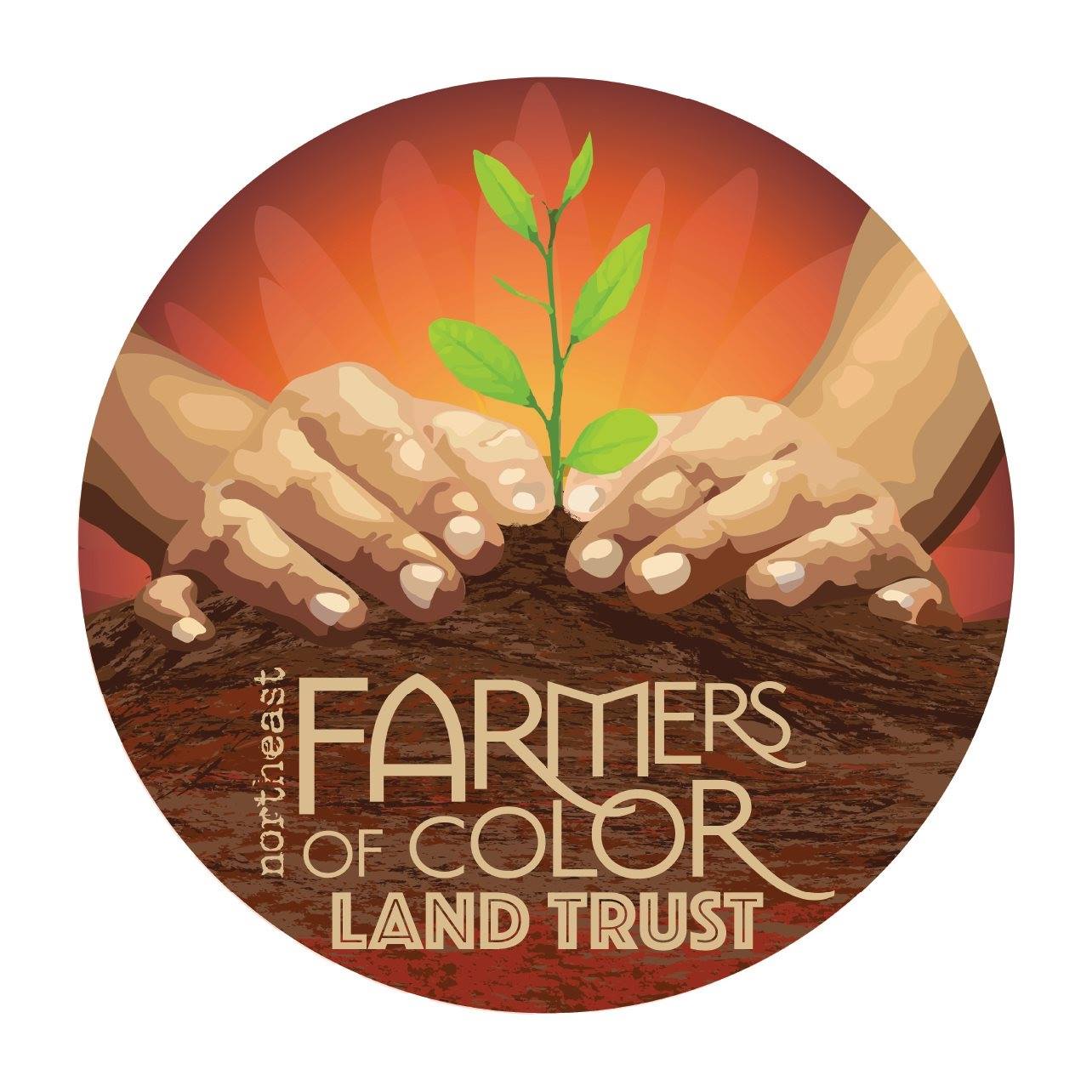
Northeast Farmers of Color Land Trust
View website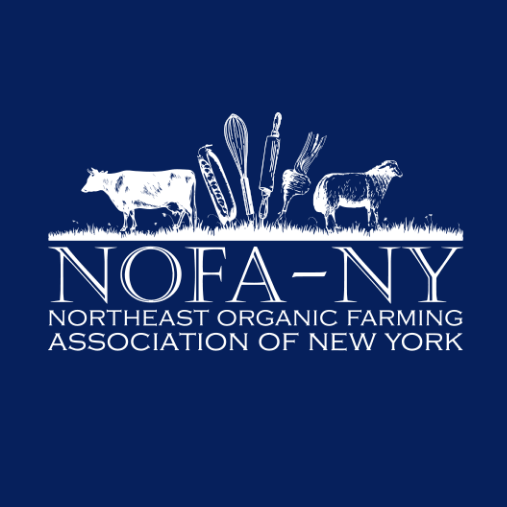
Northeast Organic Farming Association of New York
View website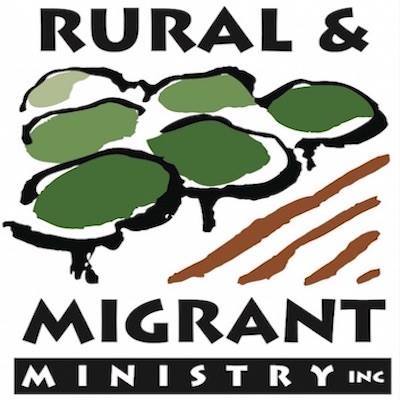
Rural & Migrant Ministry, Inc.
View website
Soul Fire Farm
View website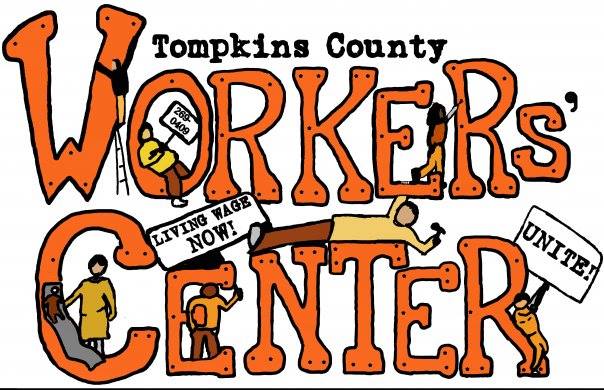
Tompkins County Workers’ Center
View website
Worker Justice Center of New York
View website